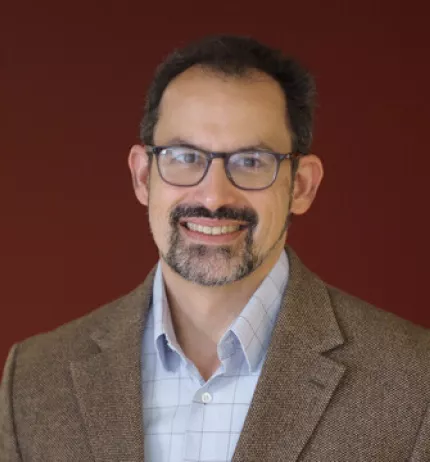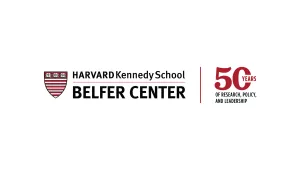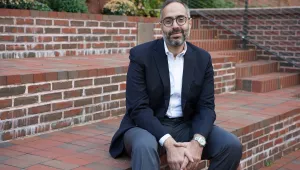
David Patel
Quick Takes
Quick perspectives on today's pressing topics
-
 Belfer Center
Belfer CenterThe Fall of Assad: What’s Next for Syria and Lessons from History
Former president Bashar al Assad had ceased to be a significant independent force in the Middle East, and few will mourn his ouster.  The...
David Siddhartha Patel is a residential visiting scholar at the Middle East Initiative at Harvard Kennedy School. His research focuses on religious authority, social order, identity, and state-building in the contemporary Middle East. His book Order Out of Chaos: Islam, Information, and the Rise and Fall of Social Orders in Iraq (Cornell University Press, 2022) examines the role of mosques and clerical networks in generating order after state collapse and is based upon independent field research he conducted in Basra. It won the Best Book Award from the APSA MENA Politics section and honorable mention for the Political Networks section’s Best Book Award. Patel is currently working on two book-length projects. The first, “Defunct States of the Middle East,” chronicles the more than two dozen territorial polities that disappeared from the map of the region after 1918: how they came to be, how they died, and how they are remembered today. The second, “The Market for Ayatollahs,” examines competition and collusion between Shi‘a religious authorities in Najaf in Iraq and Qom in Iran and how that relationship constrains varieties of Shi‘ism in the world today. Patel has also published articles or chapters on the Jordanian Muslim Brotherhood; ISIS; Iraqi politics; and the transnational spread of protests during the Arab Uprisings. He teaches courses on Middle Eastern politics, research design, and GIS and spatial aspects of politics. Before joining MEI, he was a senior fellow and associate director for research at the Crown Center for Middle East Studies at Brandeis University and, previously, an assistant professor of government at Cornell University. He holds a BA in economics and political science from Duke University and a PhD in political science from Stanford University. He studied Arabic in Lebanon, Yemen, Morocco, and Jordan.
-
Visiting Scholar, Middle East Initiative


